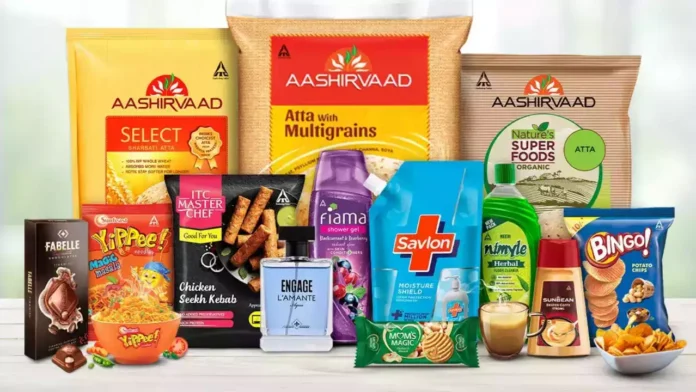ITC, a diversified conglomerate, is focusing on enhancing product experience and shelf life while promoting sustainability through innovative packaging. The company is also managing costs through structural reengineering and elevating product quality to meet the evolving needs of consumers, according to Biswarup Chakrabarty, General Manager and Head of Packaging Development at ITC Foods.
In a fiercely competitive market, ITC has rolled out packaging advancements, including the circular noodle block for YiPPee! noodles, breathable packs for Aashirvaad atta, and a diverse array of paper-based packaging for its entire product range. Additionally, the company is actively curbing plastic consumption while expanding its range of recyclable packaging alternatives.
Continue Exploring: ITC sees untapped market potential for YiPPee! Noodles, aims for further growth in the North region
In addition to prioritizing innovations, the company is reducing its plastic usage. ITC Foods brands have launched a variety of paper-based packaging for several products. Moreover, they are focusing on incorporating recycled plastic and recyclable packaging solutions.
Over recent years, e-commerce has emerged as an indispensable avenue for FMCG, with its significance steadily amplifying. Additionally, it’s morphing into fresh formats such as quick commerce, characterized by distinct product handling methods, as noted by the company.
ITC aims to render its packaging channel-neutral, as crafting separate packaging for each channel poses a significant supply chain challenge. However, not all products can employ identical packaging for the e-commerce supply chain.
Chakrabarty remarked on the divergence in packaging across channels, stating, “We craft unique secondary packaging or SKUs tailored for e-commerce, working closely alongside the respective channels.”
Continue Exploring: ITC Aashirvaad expands portfolio, launches ‘Himalayan Pink Salt’ with no added colors
Despite current limitations, ITC expects biodegradable packaging materials to be used more frequently. Chakrabarty stressed that, while recycling is still economically beneficial, non-recyclable items such as small wrappers as well as wet food containers require biodegradable solutions.
With advancements in barrier technology, ITC anticipates a wider acceptance of paper-based solutions, which will improve sustainability and efficiency in the FMCG sector.





